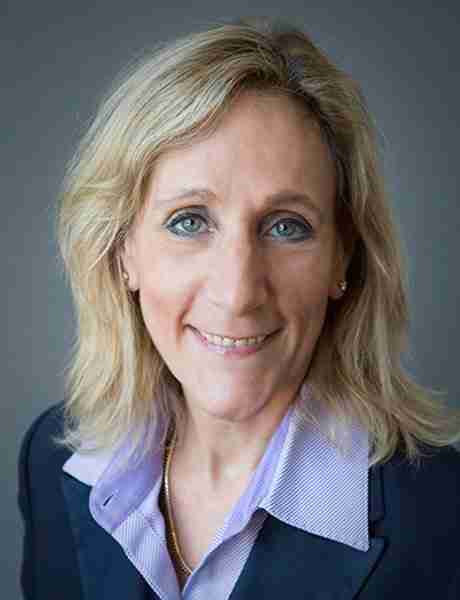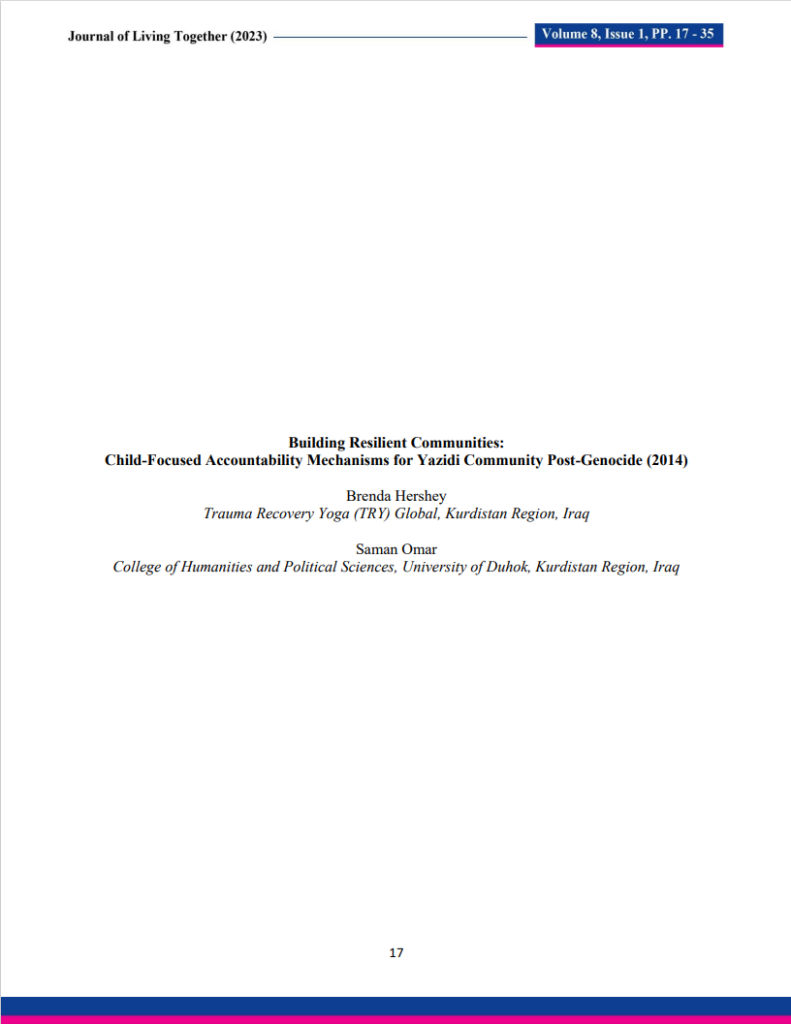Healing 25 Years After Waco: The Meeting of a Child Survivor of Waco with an FBI Agent who was Present during the Siege
What Happened? Historical Background to the Conflict
The Branch Davidians are a religious group that originated in 1955, who eventually settled at a Ranch just outside of Waco, Texas. Based on information the Bureau of Alcohol, Tobacco, and Firearms (ATF) received that the group was stockpiling illegal weapons and ammunition, they obtained a search warrant for the compound, called Mount Carmel Center, and obtained arrest warrants for their leader, David Koresh, and a few other Davidians.
On February 28, 1993, when the ATF raided Mount Carmel, four federal agents, and six Branch Davidians were killed in intense gun fighting. The FBI took over, and for the next 51 days, a siege ensued, with 25 different FBI agents brought in to negotiate with the Davidians to get them to surrender. During that time, some children were sent out from the compound.
On April 19, 1993, the FBI attacked the compound with tear gas and a fire broke out, killing 76 people, including David Koresh. The people who had been released prior to the fire, and some who ran out during the fire, survived.
Each Other’s Stories – how each person understands the situation and why
Child Survivor of the Branch Davidians – 25 Years Later
Position:
The FBI killed my parents and my community. We had every right to be living together, studying the bible, under our wise and esteemed leader, David Koresh. Nobody had any right to bother, divide or kill us.
Interests:
Safety/Security: We felt it was our right to be left alone to study the bible and follow our leader. We felt safe with him and believed in what he told us, including during the siege. We wanted to be safe and were willing to do whatever our leader told us.
Physiological Needs: During the siege, the FBI, over time, took away what we needed for our comfort and livability. They cut our phone lines and electricity, in trying to get us to surrender. We still kept going because we were determined and knew we were in the right.
Belongingness/We/Team Spirit: We felt connected to our leader and each other. We only did what he told us to do, both before and during the siege, because we believed he knew what was right, and that he was a prophet.
Self-Esteem/Respect: We wanted to be respected, to follow our path and our leader, without interference from the outside world.
Self-Actualization: We were faithful to Koresh and believed in what he told us about the bible, ourselves, and the world. Those of us who survived have had a lot to figure out over the years. We lost so much.
The FBI Agent – 25 Years after the Siege
Position:
This cult was dangerous due to the weapons and ammunition they had amassed. David Koresh was crazy, his followers were brainwashed and they had weapons that were a danger to society. We didn’t want anyone to die. We just wanted to get them to surrender.
Interests:
Safety/Security: We wanted to end this as quickly as possible before it got violent. We wanted the people inside the compound to turn themselves in so that nobody would get hurt during this siege. We wanted the surrounding community to be safe, without the potential threat of weapons.
Physiological Needs: We wanted our agents to be safe and the Davidians to be safe. We realized we had to reduce their physiological needs to get them to surrender; so we cut the phone lines and electricity.
Belongingness/Family Values: We heard that David Koresh was sleeping with the wives of other men, and having babies with them. We also heard that there was child abuse going on. All of this was against our values, but the main point was the weapons.
Self-Esteem/Respect: We tried to respect David Koresh’s wishes, determined during negotiations, but even when we did, he still didn’t surrender. We had great negotiators working with him who tried many different angles to reach him.
Self-Actualization: It was our job, as FBI agents, to do our best to end the siege without any more people being harmed. It meant a lot to us to find a way that we could reach and impact Koresh, and the others, so they would surrender. We still suffer knowing how it ended and how many died.
Mediation Project: Mediation Case Study developed by Viki Assegued, 2018



